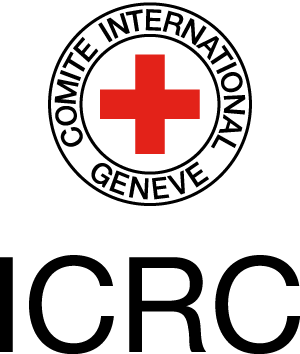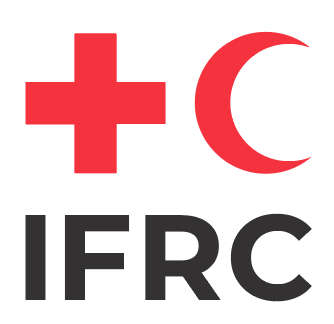Distributed Ledger Technology and Blockchain
Blockchain and the wider category of distributed ledger technologies (DLTs) claim to provide a more transparent, accountable, efficient and secure way of exchanging information.
Proponents suggest DLTs can address common problems of non-profit organisations and non-governmental organisations (NGOs), such as transparency, efficiency, scale and sustainability (Accenture, 2017).
The resources in this section relate specifically to this area of innovation and research within the RCRCM and wider humanitarian sector.
In May 2018, the International Federation of the Red Cross and Red Crescent Societies (IFRC) in collaboration with the Kenya Red Cross Society (KRCS) conducted the Blockchain Open Loop Payments Pilot Project in Isiolo County, Kenya assisting over two thousand households affected by drought. The objective was to explore the risks and benefits of blockchain technology for humanitarian cash transfer programming (CTP).
Search results
In partnership with:


